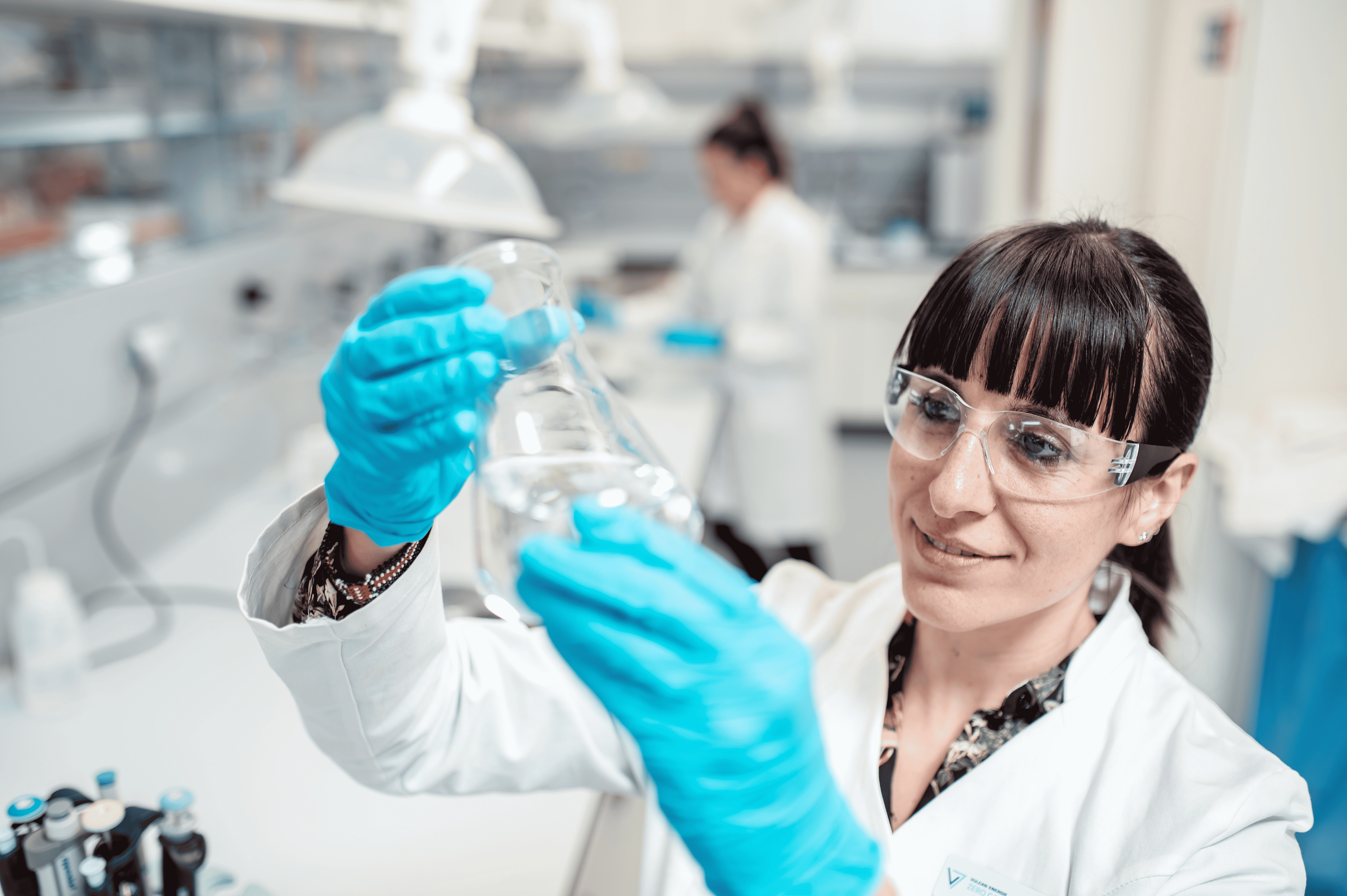
Who knows, maybe there will be a piece of lab-grown fish on your plate in a few years. Bluu Seafood, a German company recently took a big step and unveiled two products they will bring to market within a few years: fish sticks and fish balls. These products are made from cultured fish cells and are enriched with plant proteins to optimize flavor.
The products are now market-ready and will soon enter the regulatory approval process. Bluu Seafood is targeting a market launch in Singapore by the end of 2023. The company will also seek approval in the United States, the United Kingdom and the EU. In addition to fish balls and fish sticks, the Berlin-based start-up has also developed the first prototypes of more complex products, such as fillets and sashimi.
Stem Cell Technology
Bluu Seafood works with a so-called stem cell technology to develop products. That process begins with a one-time “fish biopsy,” which does not require the fish to be killed. Stem cell technology is then applied to develop complete cell lines in a laboratory setting. Bluu uses Atlantic salmon, rainbow trout and carp in this process.
This makes the company one of many working to solve the problems that have arisen in the fishing industry, including overfishing, heavy metal and plastic pollution, and animal cruelty.

Regulation
But developing a market-ready product does not automatically mean that the product will be marketed soon. Singapore is so far the only region in the world where lab-grown meat is allowed to be marketed. Therefore, this island is Bluu’s first destination.
The next step is to obtain approval in the rest of the countries. The EU in particular is a big challenge, as the legal framework differs in all 27 countries. That’s why Bluu decided last year to co-found Cellular Agriculture Europe, an industry coalition designed to help like-minded companies make their voices heard on policy issues related to farmed meat, fish and dairy products.
Bluu expects the first lab-grown fish balls to be in the supermarket by 2025.







